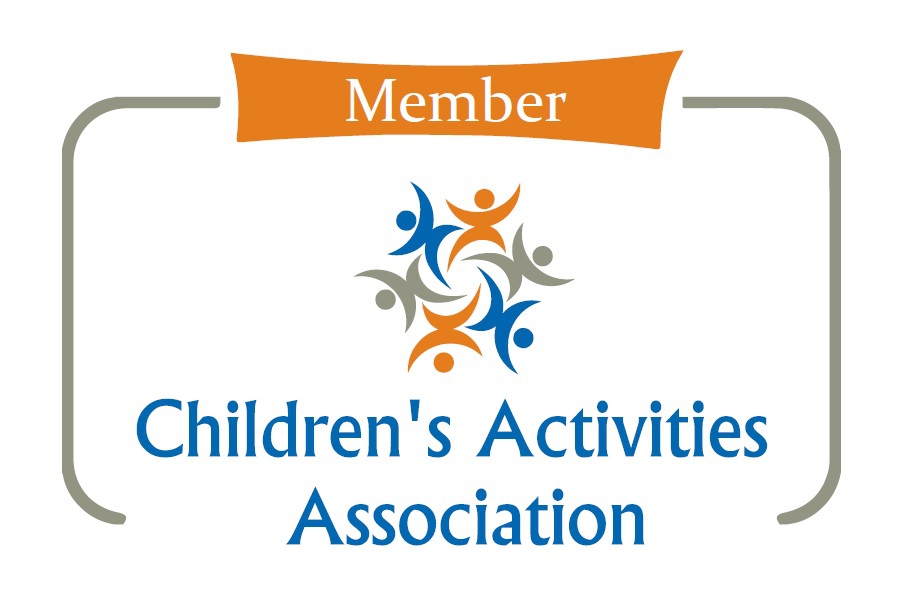 It has been another cold week. My little ones even got the chance to throw a few snow balls on their way to school, although not enough to get the sledge out! By this time of year, winter really takes its toll on our skin. Like many babies and children, my eldest daughter is particularly susceptible to eczema, so we really have tried and tested a myriad of lotions and potions. I have to admit that Childs Farm products are a bit of a favourite in our house (I’m not being paid to say this). You may have seen the recent media coverage about their baby moisturiser; hailed as a ‘miracle cure’ for eczema. You can imagine then how delighted I was to be asked to run a Mini First Aid Facebook Live event at Childs Farm Headquarters last week to share my tips for learning first aid. If you’re interested, click here to see more. If you’re not familiar with the brand or their beautiful packaging, Childs Farm is an award winning British brand that uses naturally derived ingredients and essential oils to produce a range of mild, kind and delicious smelling toiletries for newborns, babies and children. In the spirit of true partnership (and selfishly to find out any magic tips); I quizzed the team at Childs Farm about winter skin. I wanted to share the best bits with you: Why does the cold weather affect our skin so badly? The drop in temperature over winter brings challenges to our skin as we move in and out of cold wind and air, to very dry heated areas. You need to keep your skin hydrated to prevent dry, flaky skin or irritation from eczema. It is important to moisturise all skin areas (even forgotten feet) to make sure that skin cells remain hydrated and plump, keeping irritation out. Can you give me your top winter skin tips?
It has been another cold week. My little ones even got the chance to throw a few snow balls on their way to school, although not enough to get the sledge out! By this time of year, winter really takes its toll on our skin. Like many babies and children, my eldest daughter is particularly susceptible to eczema, so we really have tried and tested a myriad of lotions and potions. I have to admit that Childs Farm products are a bit of a favourite in our house (I’m not being paid to say this). You may have seen the recent media coverage about their baby moisturiser; hailed as a ‘miracle cure’ for eczema. You can imagine then how delighted I was to be asked to run a Mini First Aid Facebook Live event at Childs Farm Headquarters last week to share my tips for learning first aid. If you’re interested, click here to see more. If you’re not familiar with the brand or their beautiful packaging, Childs Farm is an award winning British brand that uses naturally derived ingredients and essential oils to produce a range of mild, kind and delicious smelling toiletries for newborns, babies and children. In the spirit of true partnership (and selfishly to find out any magic tips); I quizzed the team at Childs Farm about winter skin. I wanted to share the best bits with you: Why does the cold weather affect our skin so badly? The drop in temperature over winter brings challenges to our skin as we move in and out of cold wind and air, to very dry heated areas. You need to keep your skin hydrated to prevent dry, flaky skin or irritation from eczema. It is important to moisturise all skin areas (even forgotten feet) to make sure that skin cells remain hydrated and plump, keeping irritation out. Can you give me your top winter skin tips?
- Apply a moisturiser all over yours and your little ones’ face, body and hands once or twice a day to keep skin in good health. Apply more to face and hands before going outside. Red cheeks don’t only mean it is cold, but also that skin is getting dehydrated.
- Skin on hands is thinner than on other parts of your body, so be sure to have a good quality moisturiser in the office, play room, kitchen and loo. Reapply often, especially after getting hands wet. Teach little ones to do this. By teaching them young, they learn good habits throughout their lives.
- Hot baths are very dehydrating for skin, so keep them warm but not hot, and keep it short! Use a moisturising bubble bath, and apply a moisturiser to skin within 5 minutes of getting out. As with every new product used, make sure you patch test before use to check suitability.
- Lips are very prone to dryness, so make sure they are well moisturised too.
- The scalp can be very prone to dryness at this time of year, so use a shampoo which is suitable for sensitive skin.
- Hair is also prone to static, so condition well each time that you wash hair and use a detangling spray (the ultimate in conditioners) on static hair and tangles between washes. Minimise blow drying hair as this removes moisture from the scalp.
- Nails are more prone to cracking and splitting, so keep them short.
- Give skin and health a natural boost by:
- Increasing vitamin C intake to help boost the production of collagen.
- Keeping up intake of Omega-3 fatty acids; found in walnuts, oily fish, avocado and olive oil.
- Including whole grains in your diet, packed with selenium which gives our skin its elasticity.
- Taking a vitamin D supplement. Vitamin D is principally drawn from sunlight which we miss in the winter months.
- When it’s cold or windy, use an SPF (sun protection factor) on little ones’ faces before they go outside.
- Be aware that little ones need to drink more water than you think in the cold, although this won’t prevent them from getting dry skin. Try warm herbal teas as an alternative to water.
Which products should you use? When selecting products to use on young skin, always go for those which are dermatologically tested and paediatrician approved. This means a skin doctor and a children’s doctor have reviewed the products through a clinical review. Avoid mineral oils (petrochemical derivatives), SLSs, parabens or artificial colours in the products as these can aggravate skin. Ingredients should be as natural as possible. I presume Childs Farm products have been through these tests then? Absolutely. All Childs Farm products undergo clinical tests and controlled user trials. These certify that our products are dermatologically tested and approved, and paediatrician approved as suitable for newborns and upwards; even those with sensitive and eczema-prone skin. After the last few busy weeks at Mini First Aid, I’m not sure any moisturiser can bring this tired (and very pregnant) face back to life. I’m off to find myself some oily fish (see point 10)!
COMPETITION
Win a Childs Farm and Mini First Aid bundle. We are offering a prize worth £38 containing Childs Farm toiletries for sensitive skin, a Mini First Aid kit and two Mini First Aid books for children. Visit our Facebook, Instagram or Twitter page for more details and to enter. Click here for full terms and conditions  To find out more about Childs Farm, visit www.childsfarm.com
To find out more about Childs Farm, visit www.childsfarm.com







